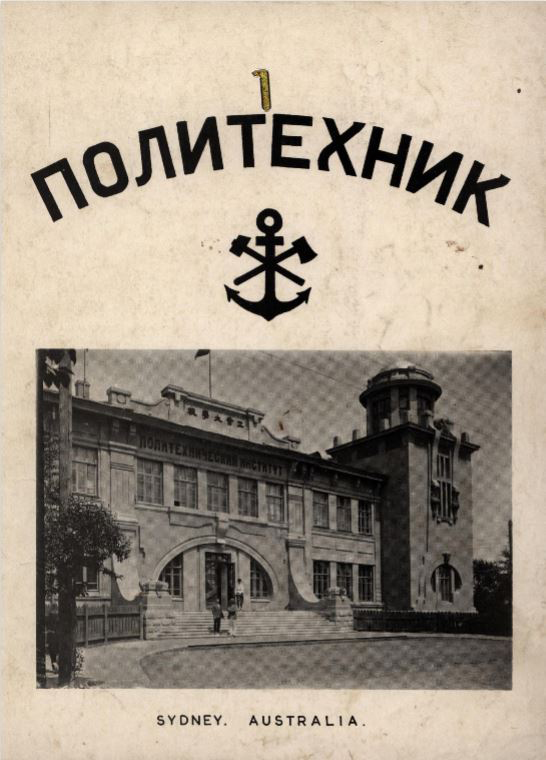Politekhnik Digital Archive
Journal focused on the Harbin Institute of Technology and the Russian émigré experience in China
Founded in 1969 by a group of graduates and former professors of the prestigious Harbin Polytechnic Institute (now Harbin Institute of Technology), the Russian-language journal Politekhnik (Политехник, The Polytechnic Student) was dedicated to the examination and preservation of the history of the Institute. The Harbin Polytechnic Institute was established in 1920 by the Russian émigré community in Harbin, China, which since the late 1890s had grown to become one of the most influential centers of Russian life in the East and a major destination for emigration. Designed to prepare engineers and other personnel for the burgeoning railway network, the Institute would become one of the most important educational centers in China and a hub of Russian intellectual and cultural life. Following the establishment of the People’s Republic of China in 1949, however, many of the Russian students and faculty of the institute emigrated to such far flung places as Australia, New Zealand, Brazil, Argentina, and the United States.
It was a group of these émigrés in Sydney, Australia that established Politekhnik, which in addition to the Institute also focused on the history of the Chinese Eastern Railway and the broader aspects of Russian cultural and intellectual life in Harbin and broader Manchuria. Issues of the journal were comprised of several sections, including sections dedicated to the founding organization, the history of the institute, memoirs and essays from alumni, scientific articles by alumni, news on the latest developments in the fields of engineering and technology, and more. The journal would also serve as a hub for connecting alumni living abroad (and not just in Australia), through exchanges of letters and correspondence. Likewise, a unique aspect of the journal’s mission was the preservation of alumni family histories and the vibrant Russian cultural life of Harbin.
